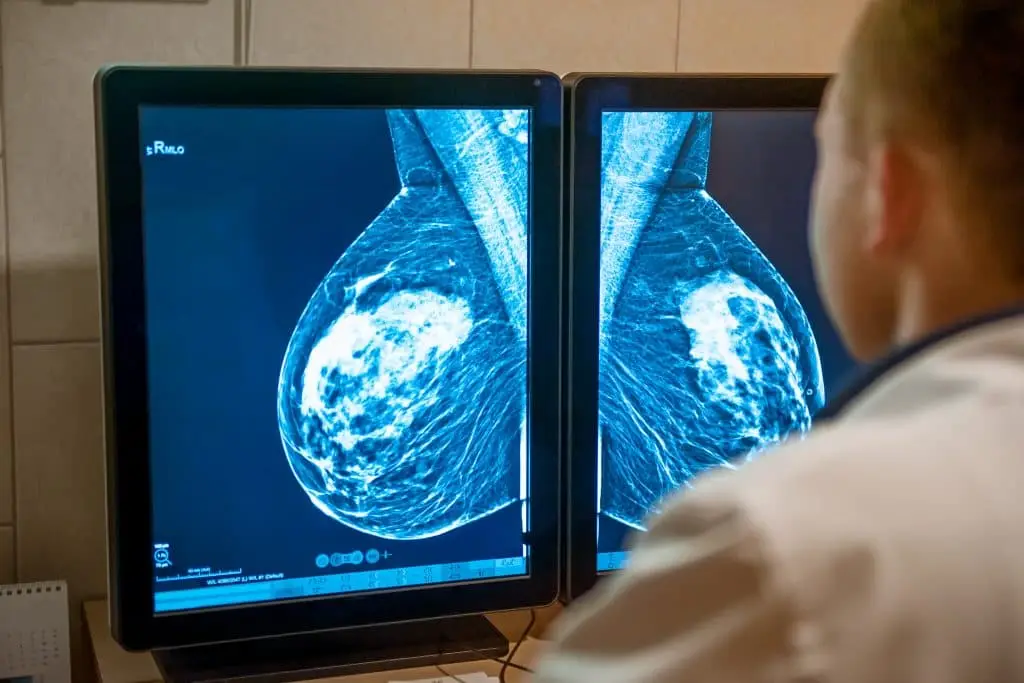
A groundbreaking development in breast cancer diagnostics has emerged from Yonsei University, where researchers have created a new blood test that significantly improves the accuracy of detecting breast cancer. This innovation addresses the limitations of mammography, particularly for patients with dense breast tissue a common challenge that complicates traditional screening.
The research team, led by Professors Kim Seung-il, Kim Ji-ye, and their colleagues at Yonsei Cancer Hospital and Yonsei University College of Medicine, introduced a novel diagnostic method leveraging liquid biopsy technology. This approach isolates extracellular vesicles (EVs) secreted by breast cancer cells in the blood. The team identified five key miRNAs, named EVmiRs, within these vesicles, which demonstrated a remarkable ability to detect breast cancer.
In a study involving 120 breast cancer patients, 46 individuals with benign breast tumors, and 46 healthy participants, the EVmiR-based technology achieved a clinical sensitivity of 85.8%, a specificity of 84.6%, and an impressive AUC (area under the curve) score of 0.908. The combination of EVmiR with mammography further elevated clinical sensitivity to 95.3%, particularly enhancing diagnostic accuracy in patients with dense breasts, where mammography sensitivity alone was limited to 56.3%.
Professor Kim Ji-ye emphasized the importance of these findings:
“By developing a technology that increases the sensitivity of breast cancer diagnosis based on miRNA analysis, we’ve provided a solution to overcome the challenges of conventional mammography. This advancement holds promise for significantly improving early breast cancer detection.”
Published in the prestigious journal Theranostics, this research marks a significant step forward in personalized and precise breast cancer screening.








